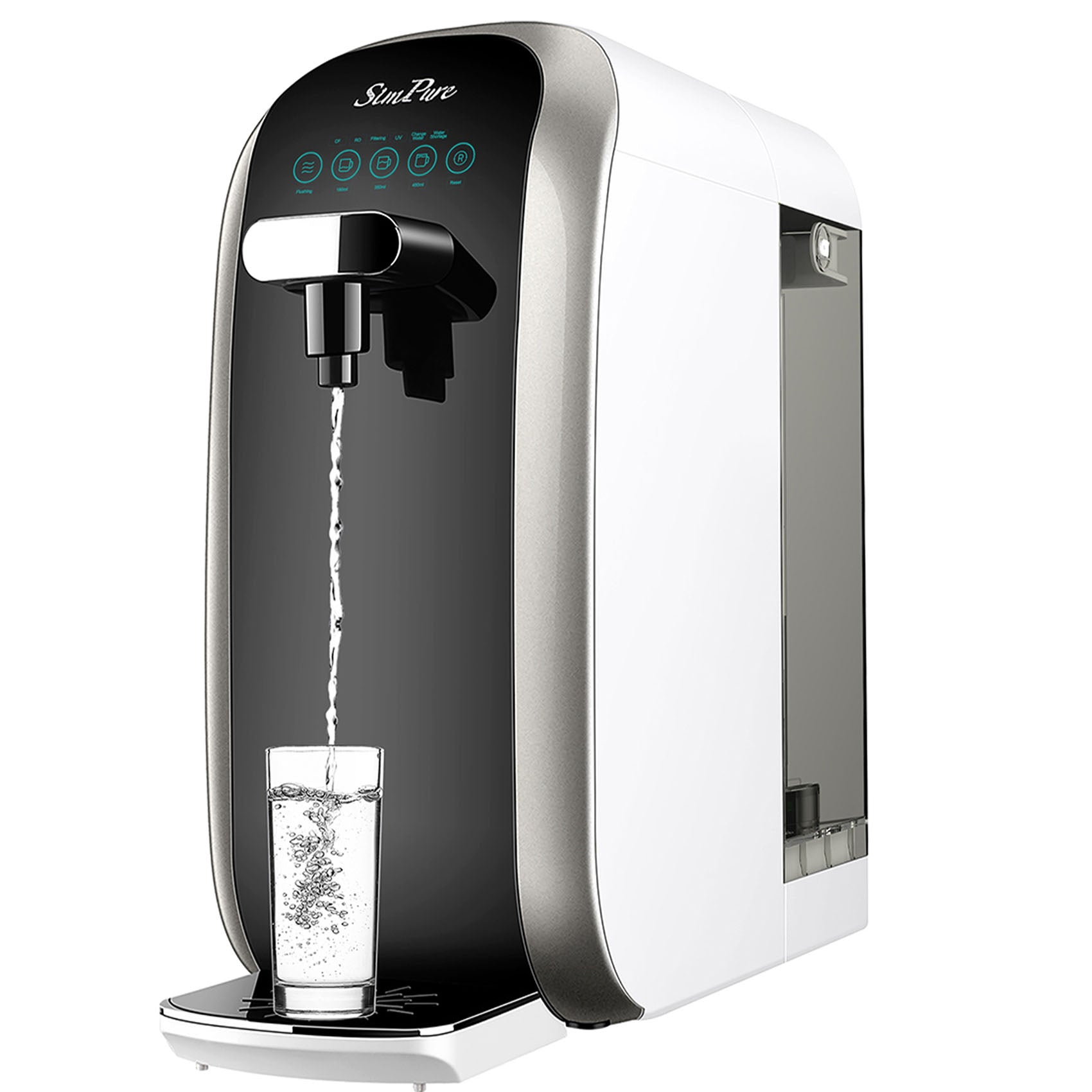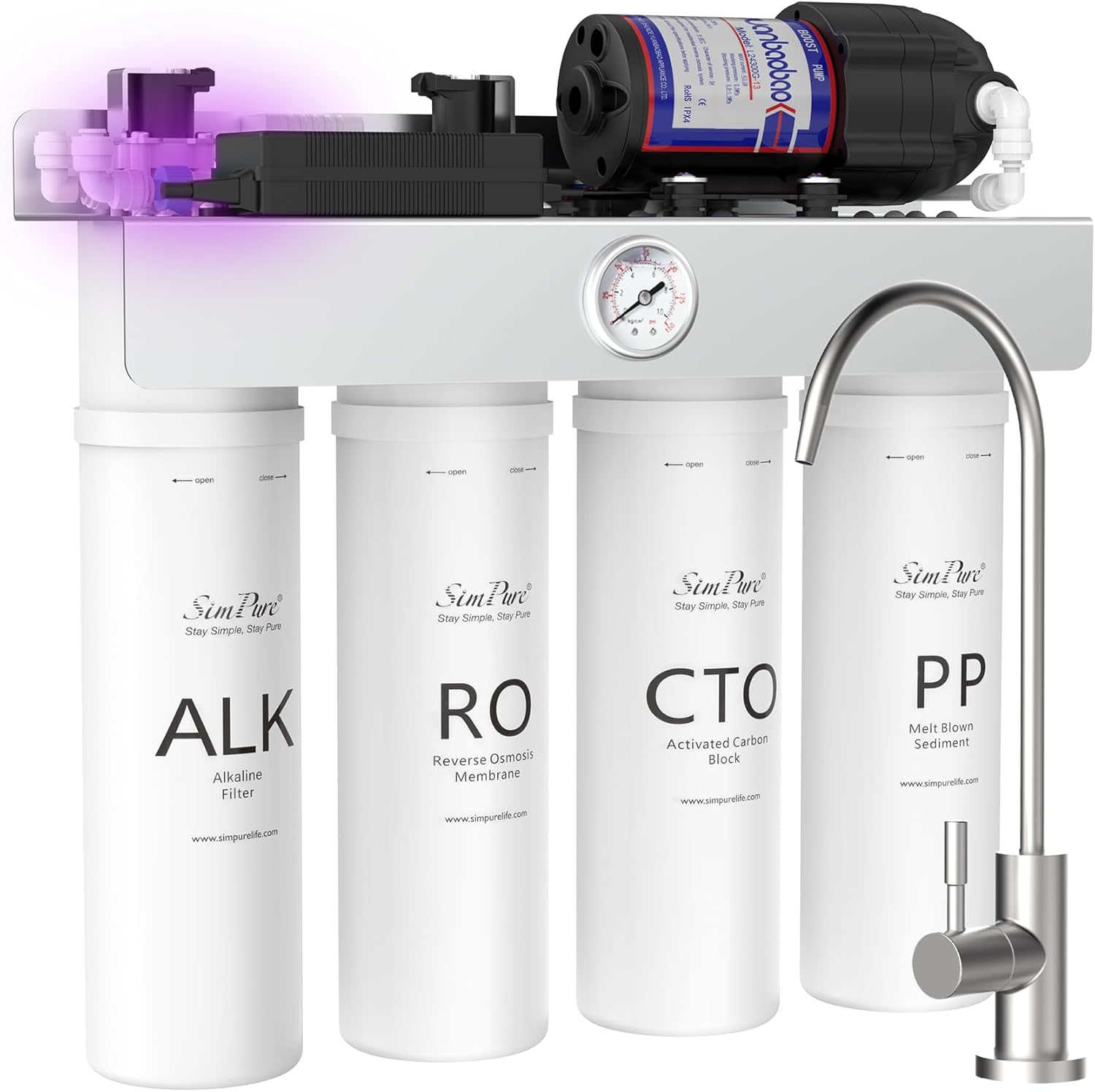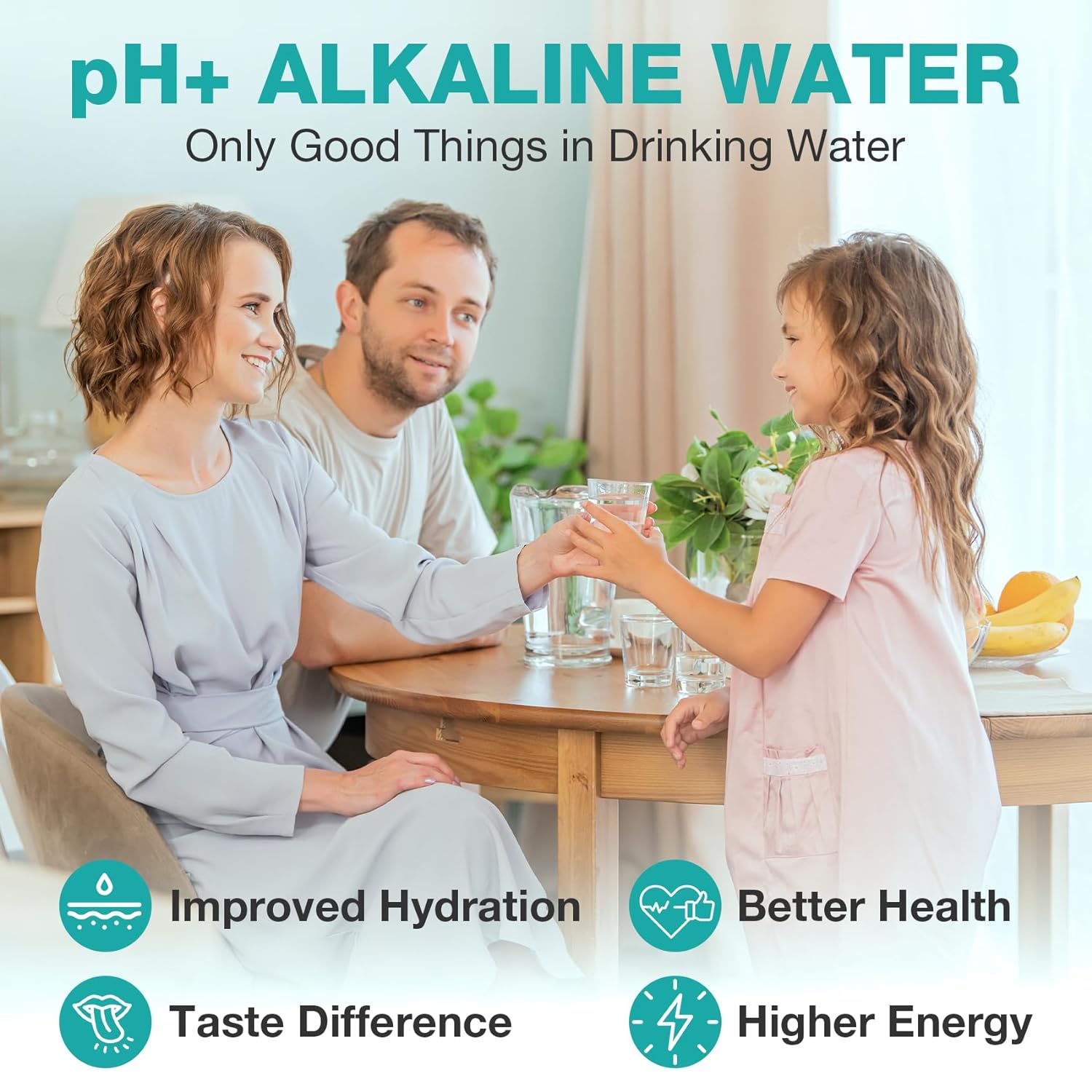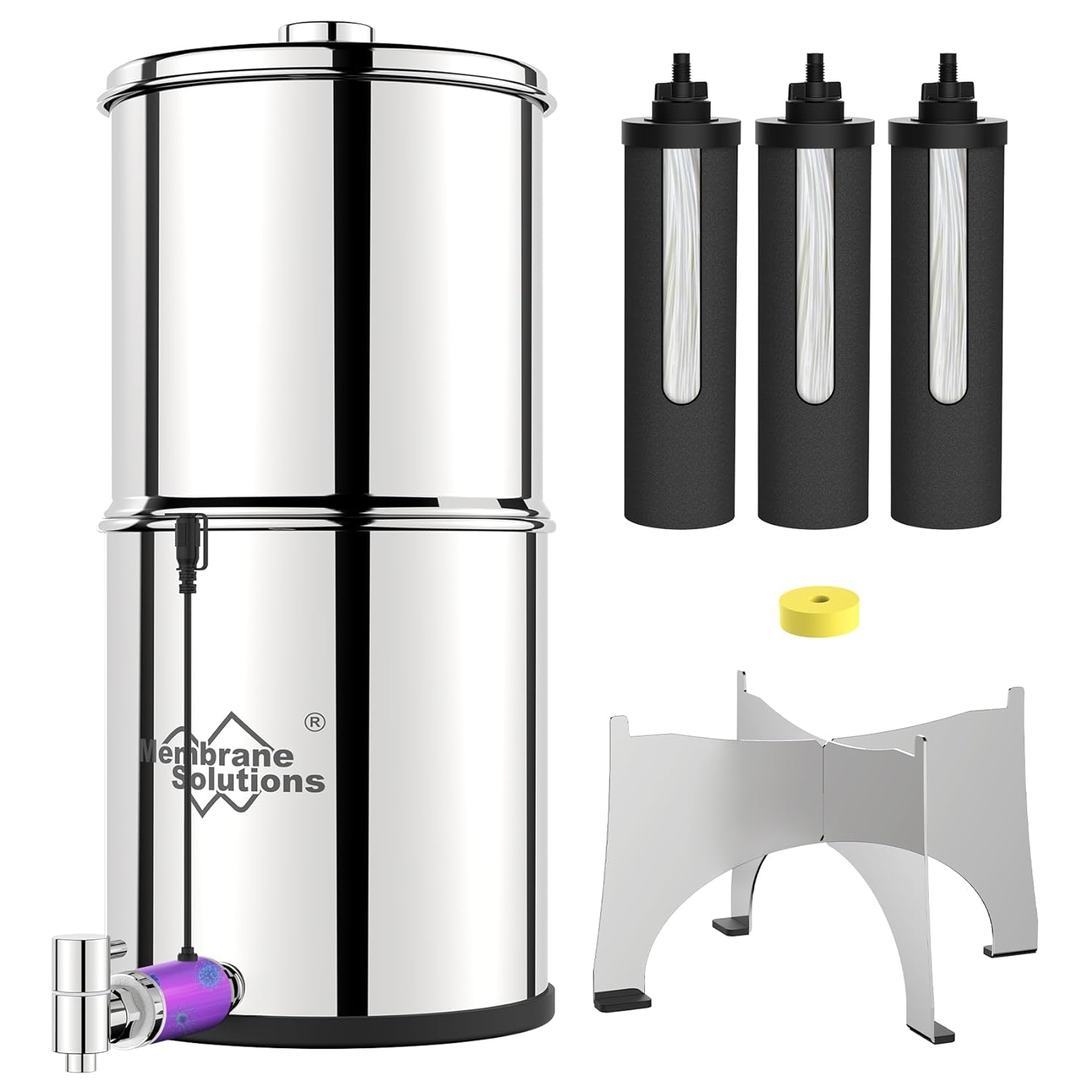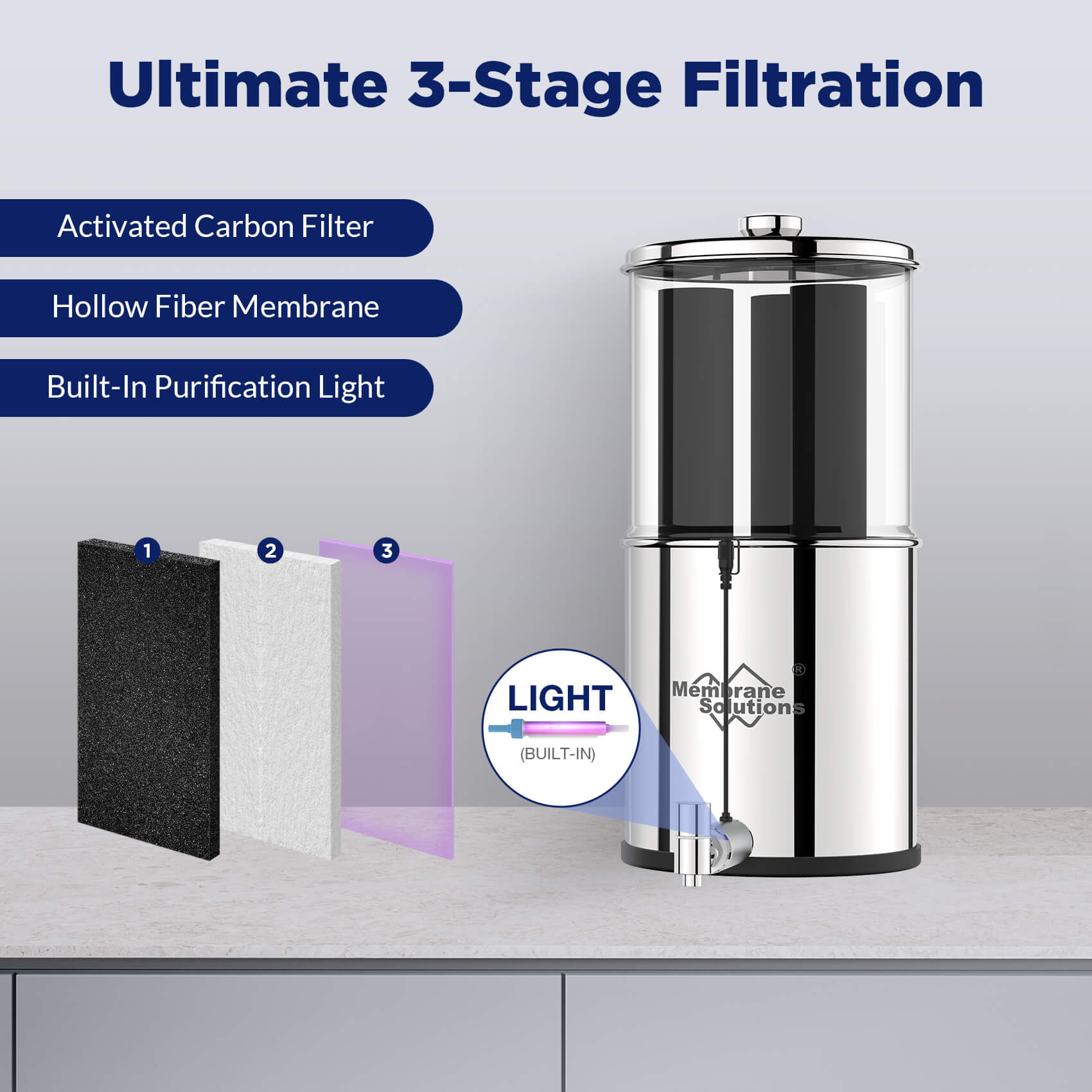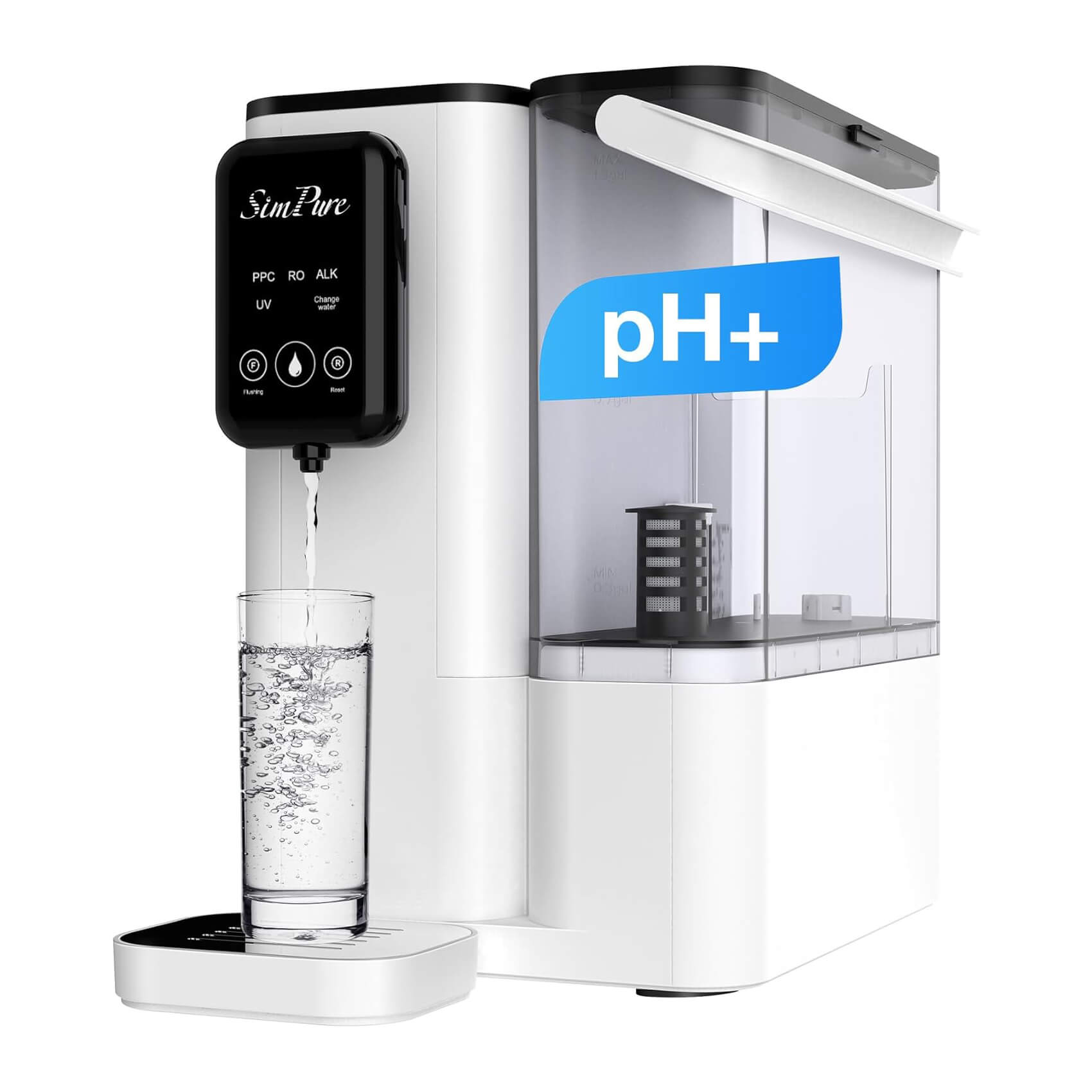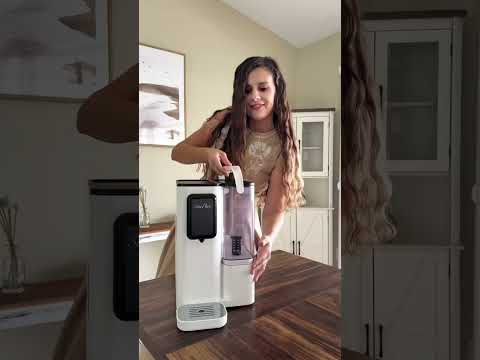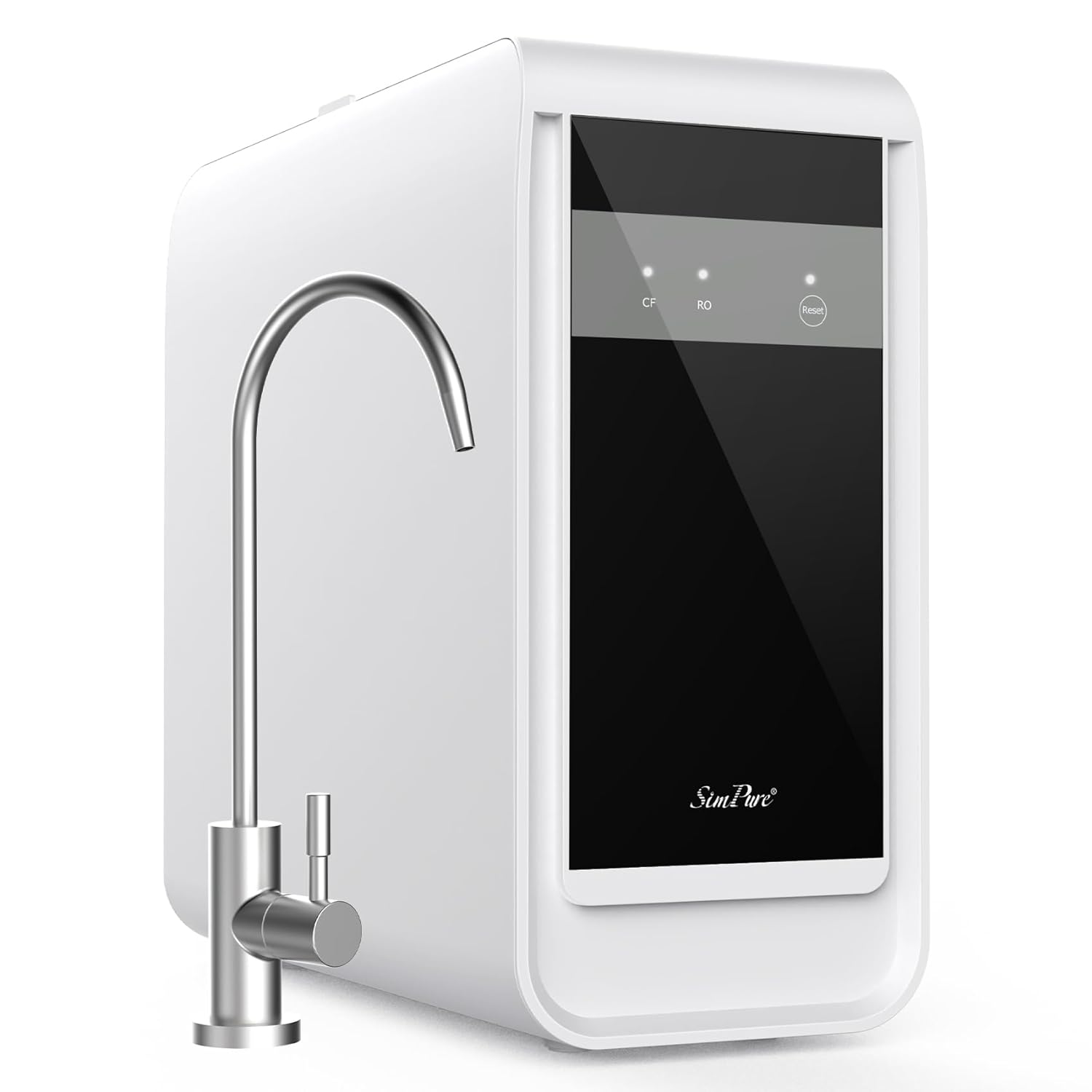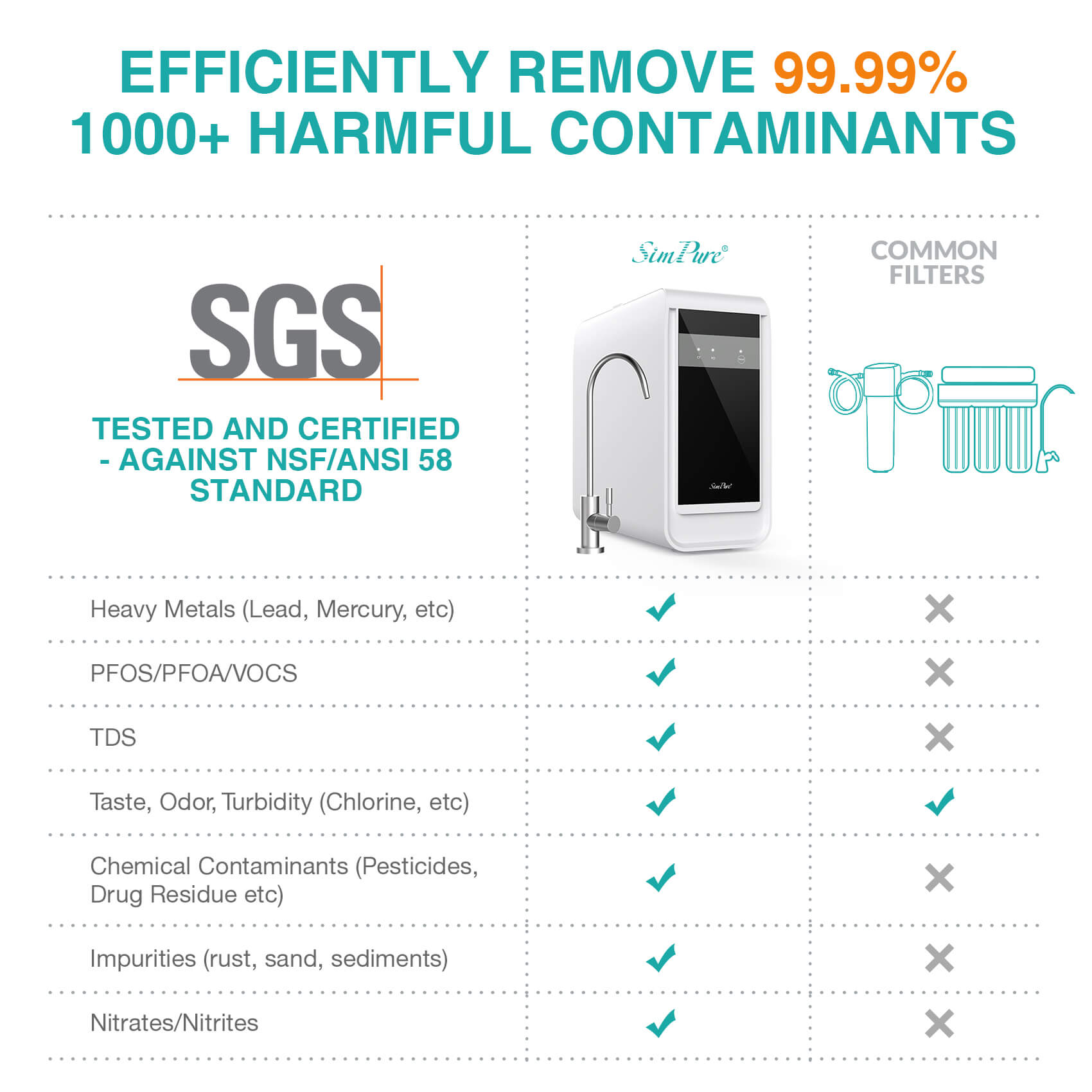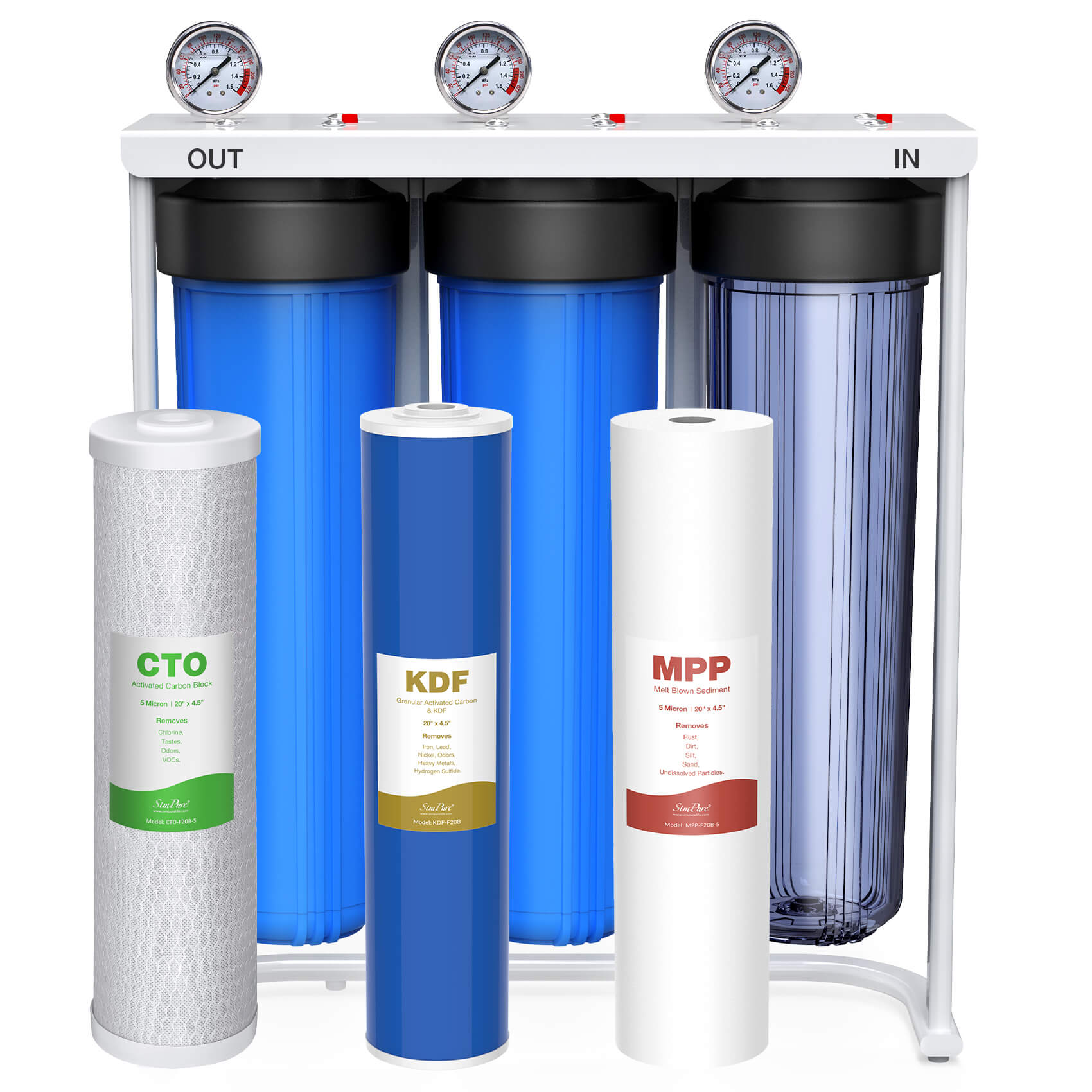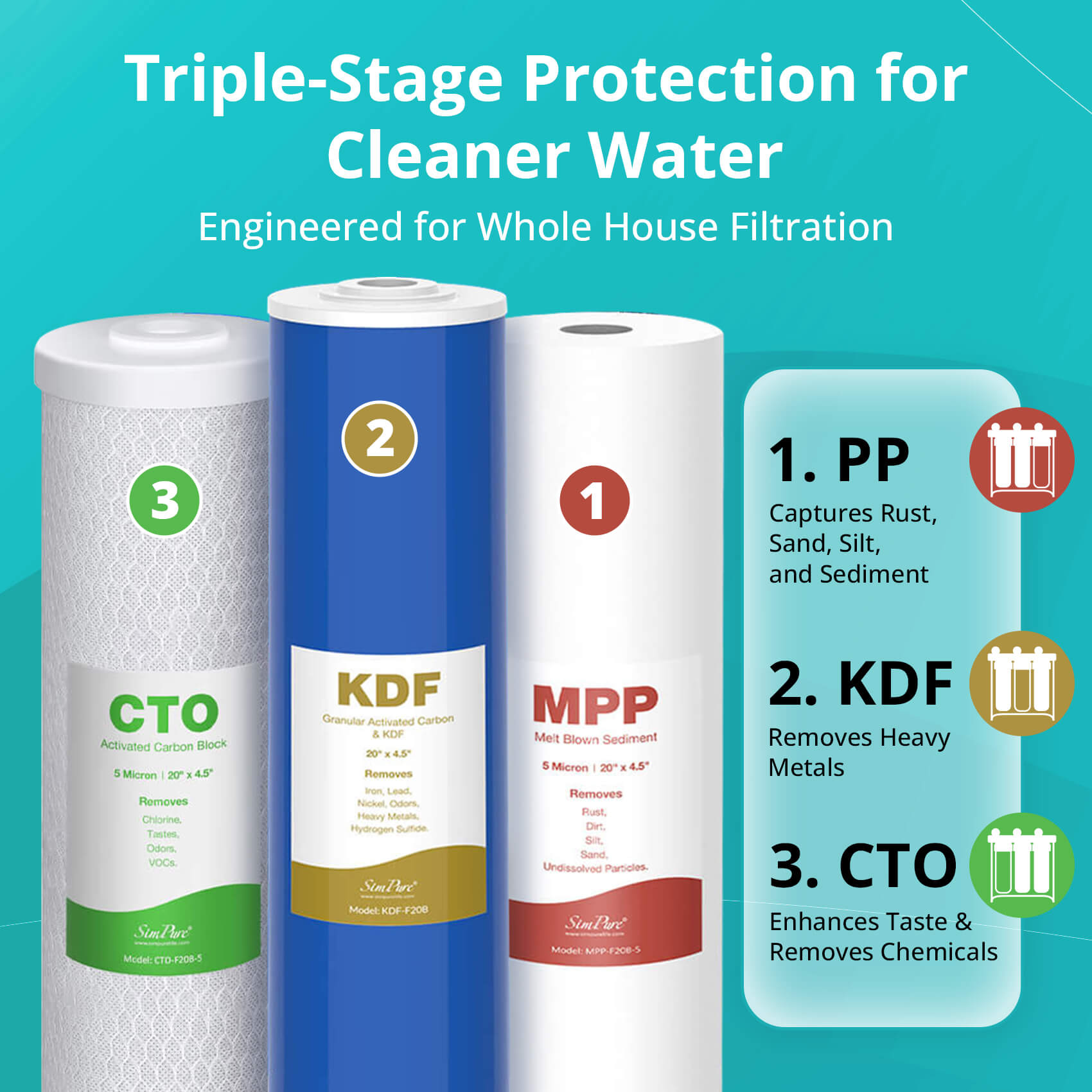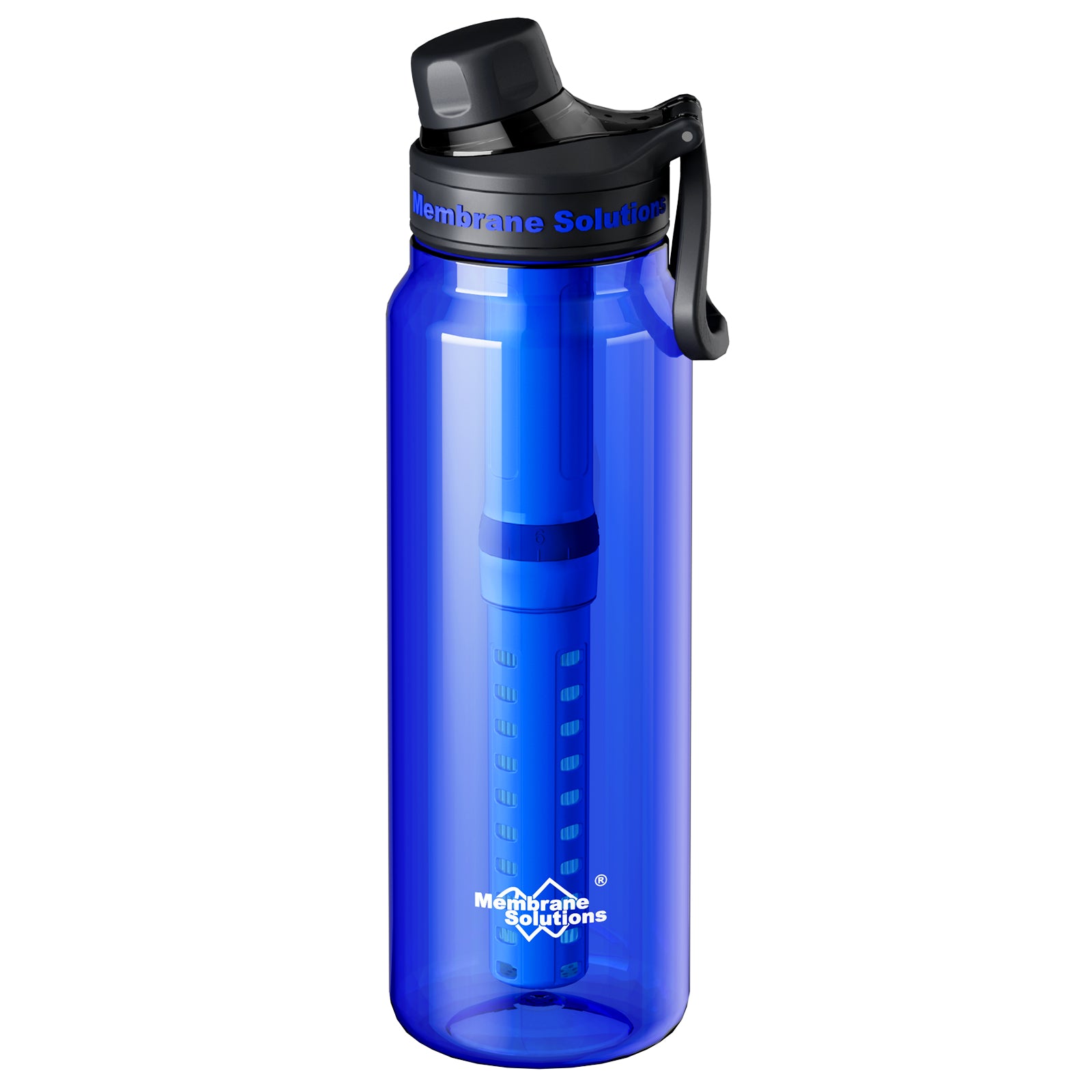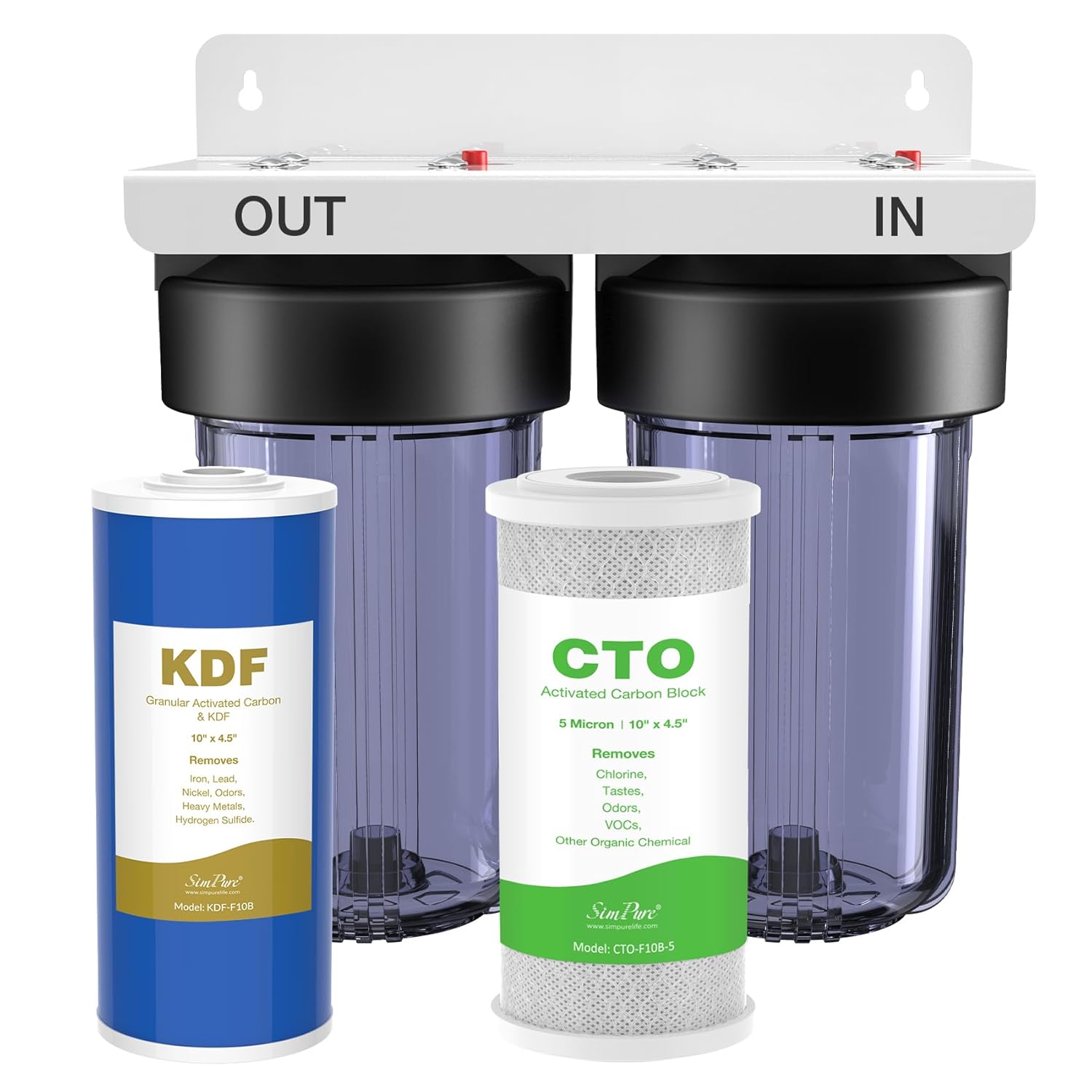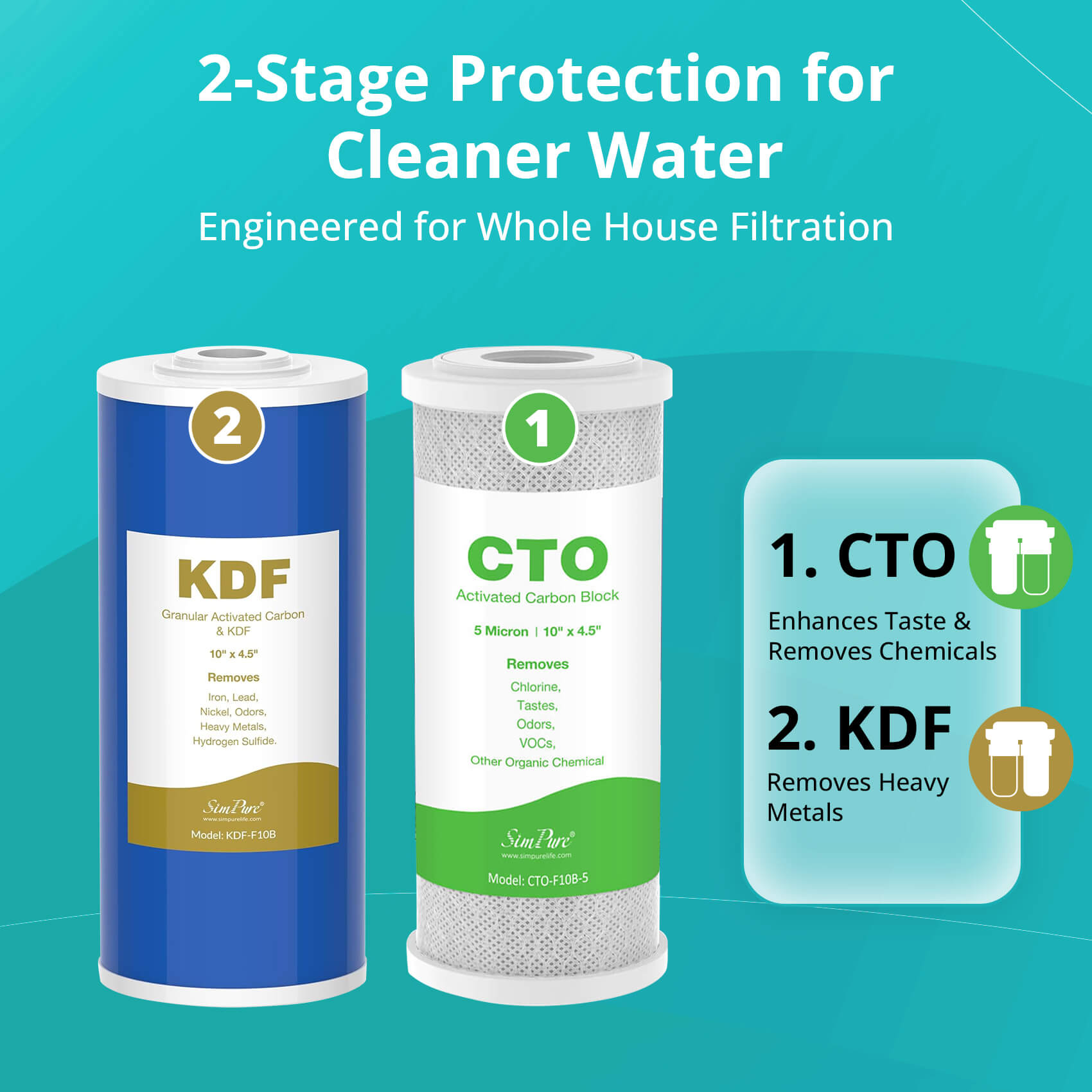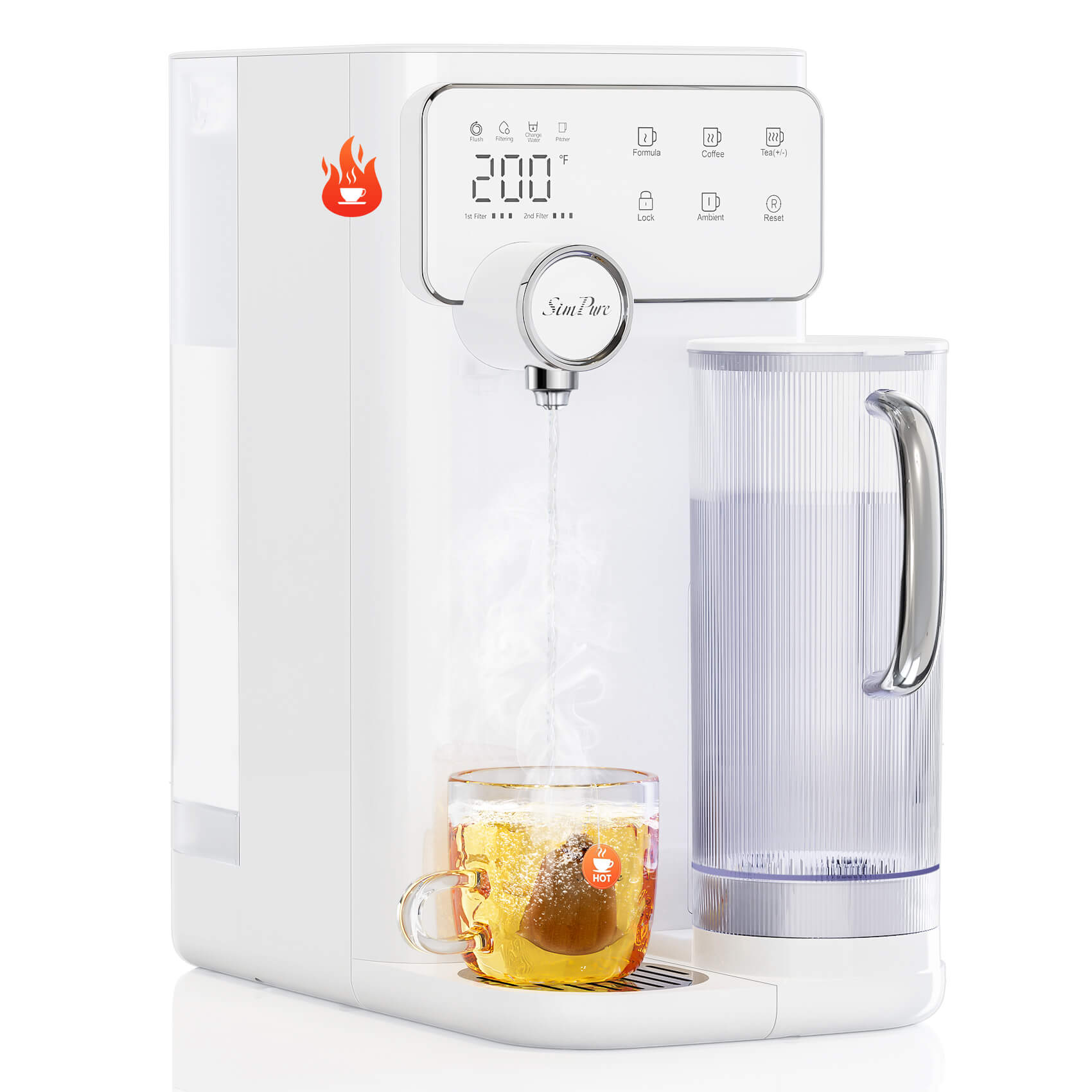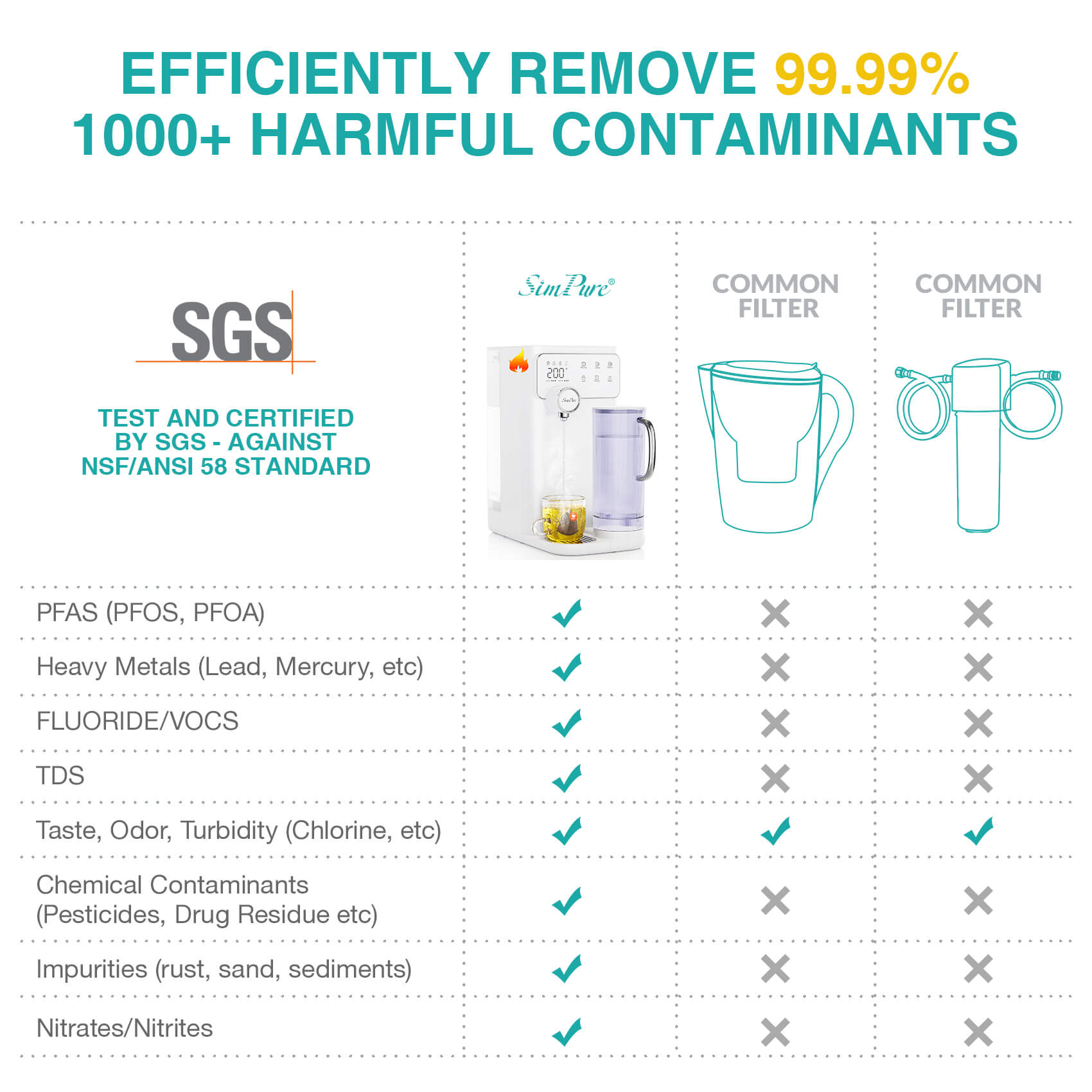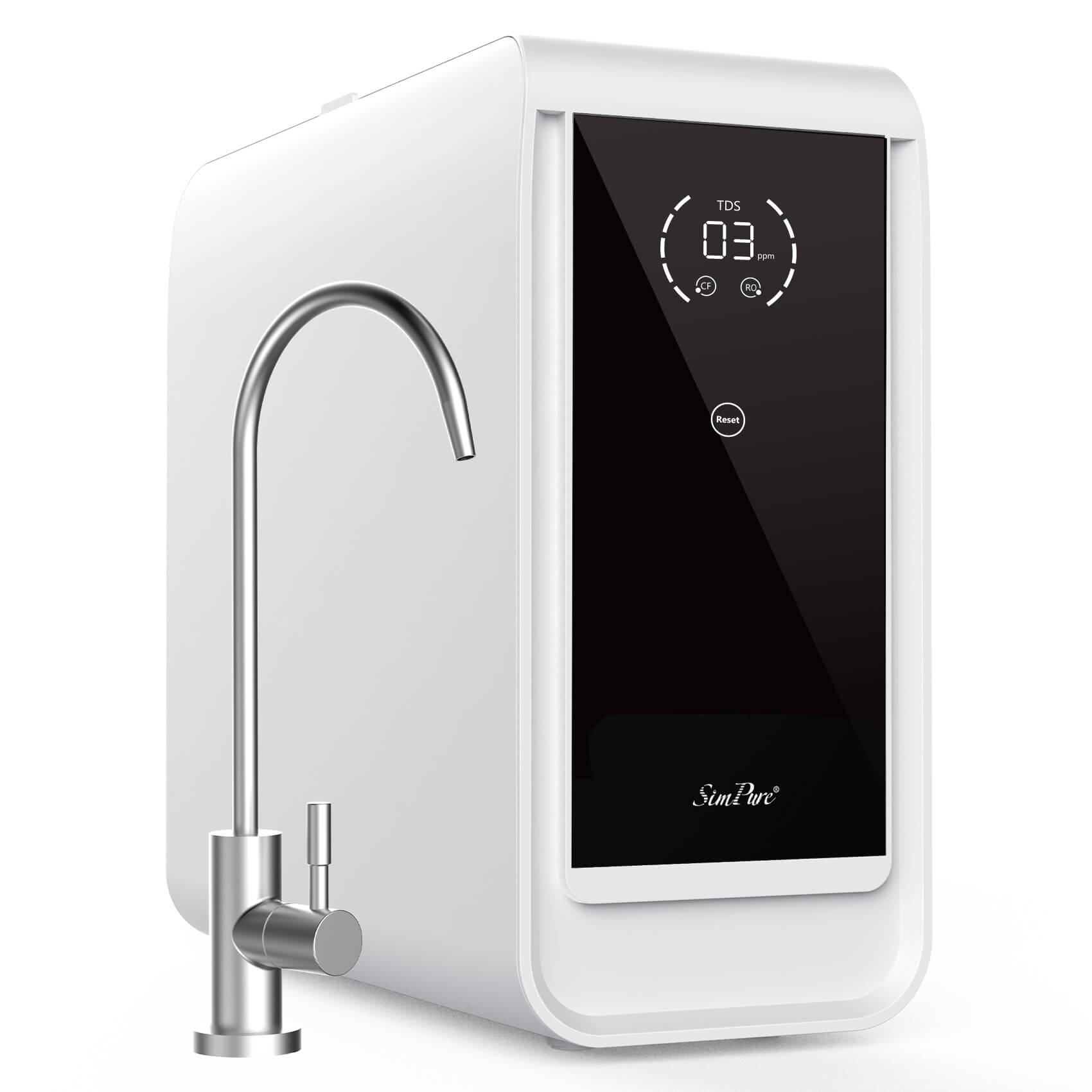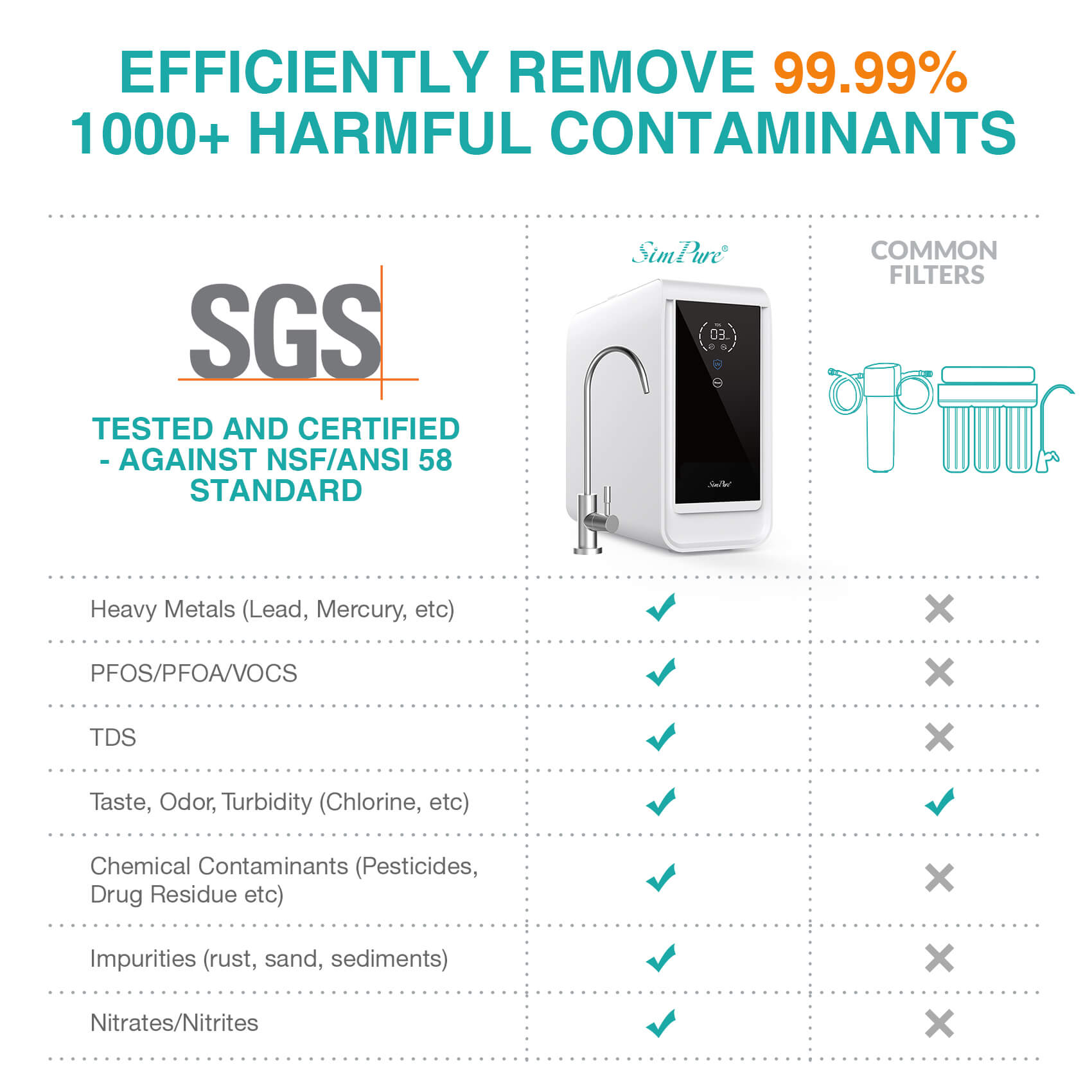Is well water bad for your hair and skin? In general, well water is a safe and reliable source of water. However, it is important to have your well water tested regularly to ensure that it is free of contaminants that could potentially be harmful to your hair and skin. Additionally, it is important to properly maintain your well to prevent contamination. Today, let us learn more about whether well water is bad for your hair and skin and what to do with that conditions.
Well Water May Be Bad for Your Hair and Skin

Well water can be both good and bad, depending on the specific minerals and contaminants present in the water. It is similar answer to the question of is well water bad for your hair and is well water bad for your skin. See the 2 detailed answers in the following.
1. Is well water bad for your hair?
Well water can be both good and bad for your hair, depending on the specific minerals and contaminants present in the water. Some minerals, such as calcium and magnesium, can actually be beneficial for your hair and help to strengthen and moisturize it. However, well water can also contain high levels of iron, which can cause your hair to become dry and brittle, or other contaminants, such as bacteria or chlorine, which can damage your hair and cause it to become dry and unmanageable.
Generally speaking, the water used for shampooing does not have much effect on the hair. If you feel that you can’t wash your hair cleanly, there is too much dirt, or there are residual substances, and the hair is not smooth enough, you can try to wash it with soft water several times to see if there is any improvement. But here we need to remind friends with dermatitis on the scalp that you should wash your hair with soft water more often. Because soft water is less irritating to the skin, it helps the recovery of skin inflammation.
2. Is well water bad for your skin?
Well water can be both good and bad for your skin, depending on the specific minerals and contaminants present in the water. Most of the well water used in many places is hard water. Hard water does not cause direct harm to health, but it will bring a lot of trouble to life. Long-term use of hard water can also negatively affect the skin.
- Makes the skin dry
One of the main effects of hard water on the skin is dryness. When the skin comes into contact with this water, it leaves traces of mineral deposits that penetrate the skin's moisturizing layer and natural oils. The high mineral content of hard water makes it difficult for soap to lather, leaving a layer of soap on the skin after washing. Not only that, but the minerals in the water also stay on your skin and cannot be washed away.
- Irritation of sensitive skin
People with sensitive skin or skin conditions are most likely to have problems with hard water. People with psoriasis and eczema, for example, often become drier and irritated after exposure to hard water.
- Induce acne breakouts
Impurities and minerals in hard water will react with the natural oils and creams in the skin, causing the oil or cream to change from oily to solid waxy, thereby clogging pores and forming acne, pimples, etc. So when you feel that acne and pimples are difficult to recover and heal, washing your face with hard water may cause you to ignore the deadly killer.
- Aging skin
Impurities in hard water left on your skin can generate free radicals that cause collagen to break down and age your skin.
So, is well water bad for your skin? Yes, if the well water is too hard, it will do the above damages to your skin. You'd better filter or purify well water before using it.
Know the Potential Harm in Well Water in 3 Seconds

After knowing the question is well water bad for your hair and skin, we have to figure out the more detailed potential harm in the well water. Drinking unfiltered well water can potentially be harmful if it is contaminated with bacteria, chemicals, or other contaminants. Some common contaminants that can be found in well water include:
Bacteria: Well water can become contaminated with bacteria, such as coliform and E. coli if it comes into contact with feces or other sources of contamination. Drinking water contaminated with bacteria can cause symptoms such as stomach cramps, diarrhea, and vomiting.
Chemicals: Well water can become contaminated with chemicals from agricultural runoff, industrial waste, or other sources. Drinking water contaminated with chemicals can cause a variety of health issues, depending on the specific chemical and the amount consumed.
Nitrates: Well water can become contaminated with nitrates, which can be harmful if consumed in large amounts. Nitrates can interfere with the ability of the blood to carry oxygen and can cause symptoms such as headache, dizziness, and shortness of breath.
Arsenic: Well water can contain naturally occurring arsenic, which can be harmful if consumed in high amounts. Arsenic can cause a variety of health problems, including skin lesions, nerve damage, and cancer.
Signs Your Well Water is Making You Sick

We have learned the potential harm in well water, so how do we know we are suffering the side effects of well water without testing the well water quality? There are a few common signs that your well water may be making you sick:
Stomach upset: If you experience stomach cramps, diarrhea, or vomiting after drinking well water, it could be a sign that the water is contaminated with bacteria or other contaminants.
Skin irritation: If you notice that your skin becomes red, itchy, or inflamed after using well water, it could be a sign that the water is contaminated with chemicals or other irritants.
Changes in smell or taste: If the smell or taste of your well water changes, it could be a sign that the water is contaminated with bacteria or other contaminants.
Unexplained symptoms: If you experience unexplained symptoms, such as headache, dizziness, or shortness of breath, after drinking well water, it could be a sign that the water is contaminated with chemicals or other contaminants.
Also, well water that is too hard can damage your hair and skin as we mentioned on the above question of is well water bad for your hair and skin in the second section.
Since well water may be bad for your hair and skin, what should we do?

If you have determined that the well water is not suitable for your hair, there are a few options you can consider to address the issue:
1. Install a water filtration system to purify the well water, thus it won‘t be harm to your hair and skin.
A whole house water filter for well water can remove contaminants and minerals from your well water, making it more suitable for your hair. There are a variety of water filtration systems available, including whole-house systems and spin down sediment filters that can be installed directly on your showerhead or faucet. Just click the picture above, and you can get to our whole house water filter that designed for well water!
2. Use bottled water to wash your hair and skin.
If you don't want to install a water filtration system, you can use bottled water for washing your hair. This can be a convenient option, but it can also be expensive and not environmentally friendly.
3. Use hair/skin products designed for hard water.
If the minerals in your well water are causing issues with your hair, you can try using hair/skin products that are specifically designed for hard water. These products can help to remove mineral deposits from your hair and improve its overall appearance.
4. Use a water softening system to soften the well water.
A water softening system can remove minerals from your well water, making it less harsh on your hair. This option can be more expensive than a water filtration system, but it may be more effective at addressing issues with minerals in your water.
In conclusion, to the question "is well water bad for your hair and skin", the answer is: untested or unfiltered well water is bad for your hair and skin. It's important to have your well water tested and filtered regularly to ensure that it is safe to drink. If you have any concerns about the quality of your well water, you should contact a professional to have it tested and to determine the best course of action to address any potential issues. But I have to say, it is always safer to use filtered and purified water for your hair and skin washing!
Recommended Readings
1. Does Well Water Need to Be Filtered?
2. Is Well Water Safe to Drink?



